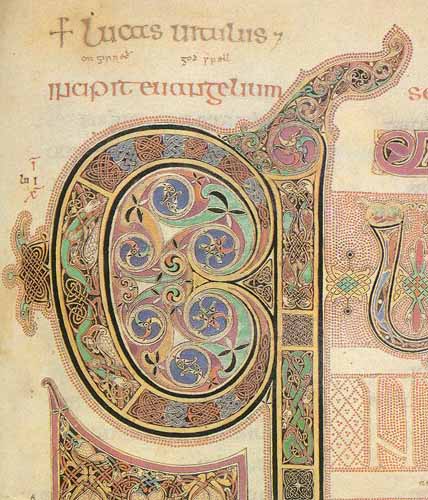In the 9th chapter of
Gary Anderson’s book on sin, having
established that sin could be viewed as a debt in Biblical times and
thereafter, he points out that the natural
antinomy to such commercial language for sin was of course credit, which in
turn led to a concept of a treasury of merit, not only in rabbinic Judaism but
in Christianity as well. In terms of the
history of these two religions, there is no gainsaying this conclusion. It’s just a historical fact. The real issue is whether the Bible itself
includes or supports the idea of building up credit with God, which could be
used to offset some debt or debit.
The first
Biblical port of call for Anderson
to make his point is Dan. 4.27, recording Daniel’s advice to King Nebuchadnezzar
who has just been told he will be judged by God for his hubris, and the King
then asks what he can do about. Daniel
says “Therefore O King, may my advice be acceptable to you: Redeem your sins by
almsgiving and your iniquity by generosity to the poor; then your serenity
(i.e. rule) may be extended.” Since the meaning of the verbal root SIDQA has been debated (the word translated
almsgiving above), Anderson goes through an extended treatment of the term, and
points out that in any case we have typical Hebrew parallel construction in
this verse— the second half is just a different way of saying the same thing,
and it clearly speaks of generosity to the poor.
Now the
root SDQ is of course the standard one for righteousness, and so some have
expressed surprised that this root is also the basis for the word almsgiving.
But as Anderson
points out, righteousness is normally associated with equity, fairness, not a
preferential treatment of the poor.
Indeed, Lev. 19.15 instructs us not to show preference towards the poor
or suck up to the rich. The answer is that “righteousness (in the OT) does not
mean a blind application of equity toward all, but rather the specific act of
redressing economic injustice. For this reason Isaiah 11.4, a text about the
coming of the ideal Davidic ruler, links the justice of the king with his
compassion for the poor.” (p. 142). If
we think back to Dan. 4.27 once more the logic seems to be as follows— a person
has a terrible debt of sin. How can the
debt be paid down? Answer, righteous
deeds like almsgiving or helping the poor. Interestingly in Christian writers
like Cyprian, this mechanism was seen as the way to deal with post-baptismal
sins, namely you pay them off by almsgiving and helping the poor.
This then
brings us to a phrase we find on the lips of Jesus–‘treasures in heaven’ which we are supposed to store up. But how?
Anderson
explains this on the basis of several proverbs found in the book of the same
name and Tobit4.5-11 which includes the words “so you will lay up a good
treasure for yourself against the day of necessity [by almsgiving to the poor].
For almsgiving delivers from death and keeps you from entering darkness; and
for all who practice it, almsgiving is an excellent offering in the presence of
the Most High”. Anderson links this to proverbs like Prov.
10.2 and 11.4–in which he concludes that the term righteousness (sediqah)
refers to almsgiving. For example, in
the first proverb the treasuries of the wicked (i.e. the hoarding up of money)
are of no avail, but righteousness (i.e.
almsgiving) saves from death. In other words, almsgiving not only helps the
poor, it stores up treasure in heaven for the giver. Mt. 19. 16-30 and Jesus’
advice to the rich young man to give all to the poor and so store up a treasury
in heaven, is used as an illustration. Sir. 29.9-13 says— ‘store up
almsgiving in your treasury and it will rescue you from affliction’. Indeed to judge from Sir. 3.14-15 almsgiving
or generosity to those in need can stand in lieu of a literal sin offering— “for
kindness to a father will not be forgotten and will be credited to you against
your sins’. In 2 Clement 16.4, a
Christian document we hear— ‘almsgiving is therefore good as repentance from
sin…for almsgiving lightens sin’.
But why is
it that almsgiving, of all possible virtuous activities, serves to pay down one’s
sin debt? Anderson answers this by pointing to Prov.
19.17— ‘he who is generous to the down trodden makes a loan to the Lord; He
will repay him his due.” In other
words, the only time you can put God in
your debt, is by helping the poor he cares so much about. As compensation, God will discount your sin
debt. All of this kind of talk of
course makes many Christians very nervous— aren’t we talking about salvation
by human good works here? Or if not, why
not? Anderson turns to this issue in the next
chapter.

